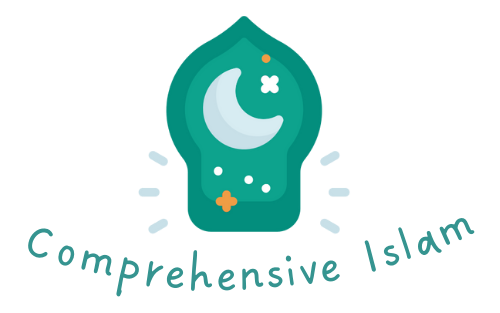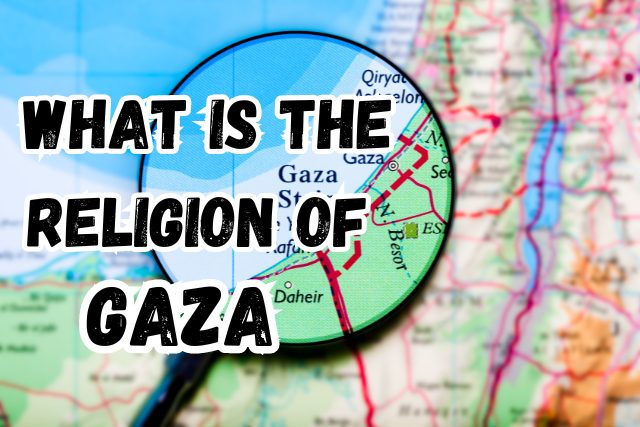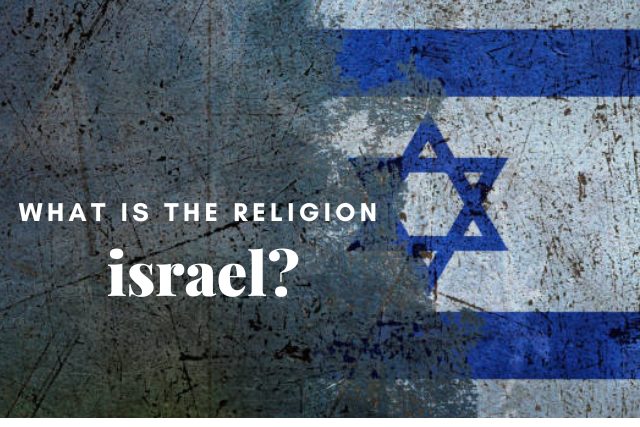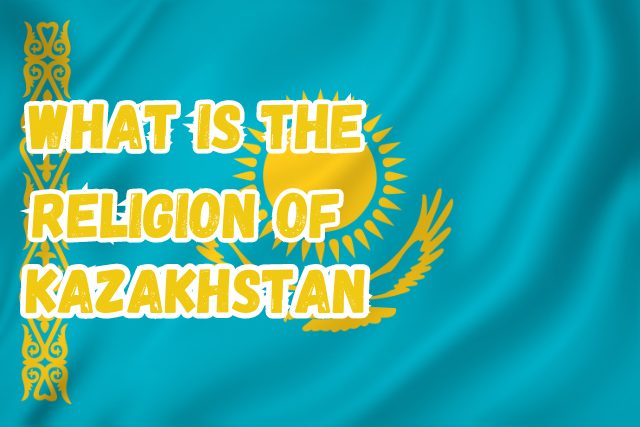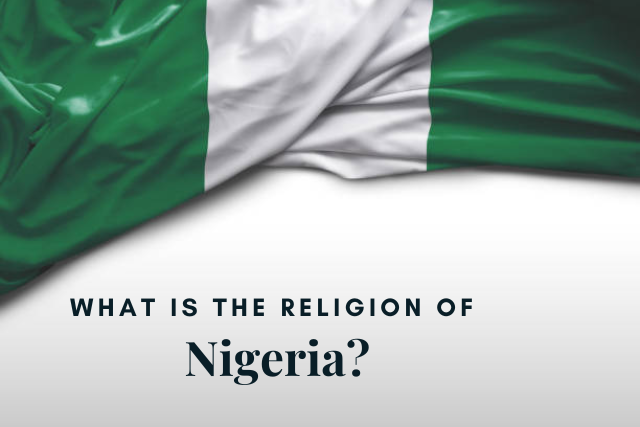What is the Religion of Africa
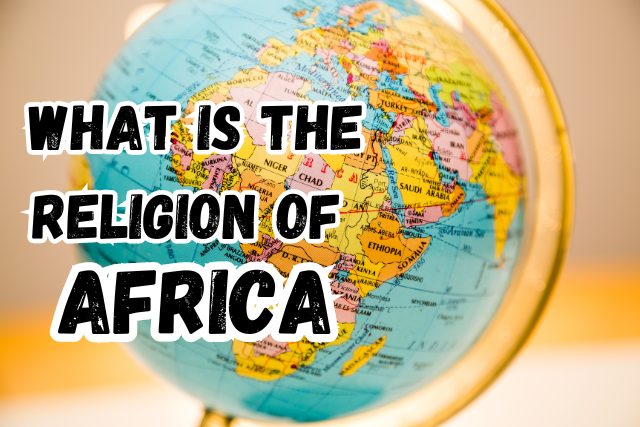
Delve into the diverse spiritual landscape of Africa, a continent rich in cultures and beliefs. From the northern stretches to the southern tips, Africa’s religious tapestry is woven with threads of tradition and diversity.
In the vast expanse of Africa, various religions and indigenous belief systems coexist, creating a vibrant mosaic. From the influence of Islam in the north to the intricate web of indigenous African religions, each region contributes to the continent’s spiritual richness.
Let’s explore the multifaceted world of African religions, exploring the animist traditions, Christianity’s widespread influence, Islam’s historical impact, and the syncretic fusion of global and local beliefs. Get ready to uncover the layers of spirituality that define the diverse and dynamic religious landscape of Africa.
What is the Religion of Africa | Christianity
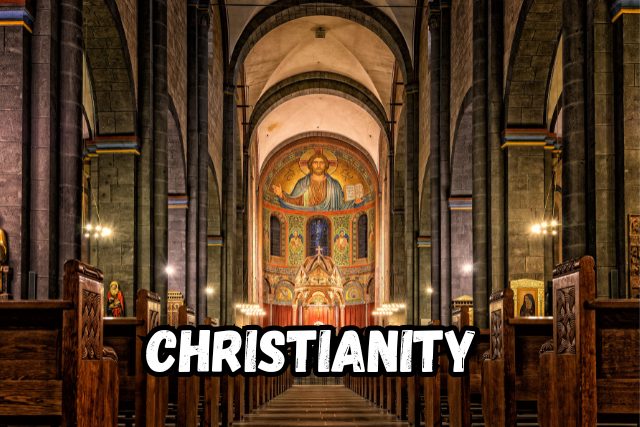
Christianity has a significant presence in Africa, with a diverse array of denominations.
Spread of Christianity
The introduction of Christianity to Africa can be traced back to ancient times. Early Christian communities emerged in regions like Egypt and Ethiopia. However, the major spread occurred during the colonial era when European missionaries embarked on evangelization efforts.
Denominational Diversity
Africa is home to a wide array of Christian denominations, including Roman Catholicism, Protestantism, Anglicanism, and various independent churches. Each denomination brings its distinct traditions, rituals, and interpretations of Christian teachings.
Cultural Integration
Christianity in Africa has not merely remained an import; it has deeply integrated into local cultures. Indigenous languages, music, and art often find expression within Christian worship. It creates a unique blend of religious and cultural practices.
Social Impact
Beyond the spiritual realm, Christianity has influenced societal norms, education, and healthcare across the continent. Missionary initiatives have played a vital role in establishing schools and hospitals. It contributes to the social development of many African communities.
Challenges and Opportunities
While Christianity has brought positive changes, it has also faced challenges. The syncretism of traditional beliefs with Christian doctrines sometimes creates tensions. Additionally, debates around certain theological issues and cultural clashes pose ongoing challenges.
Islam
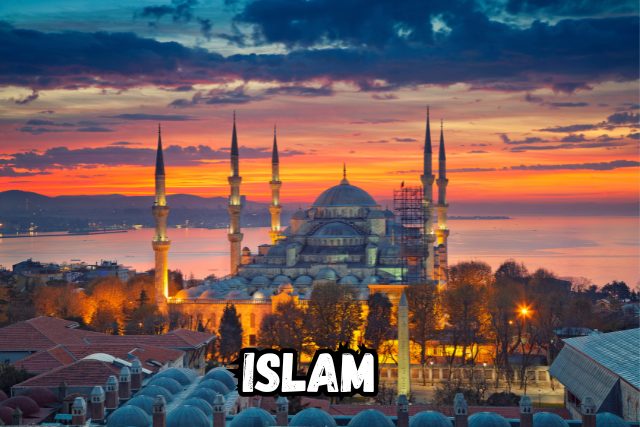
Islam holds a prominent place in Africa, especially in North Africa. Islam has deeply influenced the cultures and societies of regions such as West Africa, East Africa, and the Horn of Africa.
Islam’s introduction to Africa dates back to the early years of the faith. The first migration of Muslims to Abyssinia (modern-day Ethiopia) during the lifetime of Prophet Muhammad is a historical testament to Africa’s early connection with Islam.
Spread and Diversity
Islam’s spread in Africa occurred through trade routes, conquests, and peaceful interactions. The religion diversified as it encountered various African cultures, leading to a rich tapestry of Islamic traditions. From North Africa to Sub-Saharan Africa, Islam manifests in various forms, including Sunni and Shia sects.
Cultural Integration
Islamic practices have become integral to the cultural fabric of many African societies. The fusion of Islamic teachings with local customs is evident in art, music, architecture, and dress. Arabic calligraphy, for instance, often adorns mosques and public spaces.
Islamic Scholarship
Africa has been home to renowned Islamic scholars and centers of learning. Timbuktu in Mali, for example, was a hub of intellectual activity with manuscripts. It covers a wide range of subjects, including theology, science, and philosophy.
Societal Impact
Islamic principles influence various aspects of African societies, shaping legal systems, family structures, and ethical norms. Islamic charitable practices, such as zakat, contribute to social welfare and community development.
Traditional African Religions
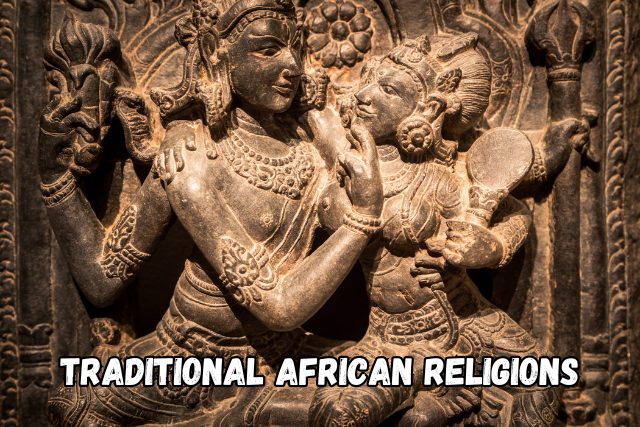
Traditional African religions, deeply rooted in the continent’s history, vary across different ethnic groups. These religions often involve the worship of ancestors, spirits, and natural forces. The traditions differ widely, showcasing Africa’s cultural richness.
Diversity of Belief Systems
Traditional African religions are not uniform; rather, they reflect the immense diversity of African societies. Different ethnic groups and regions have distinct pantheons, deities, and rituals, making it challenging to generalize about these religions. Some common elements, however, include ancestor veneration, spirit worship, and a deep connection to nature.
Ancestor Veneration
Ancestor veneration is a fundamental aspect of many traditional African religions. Ancestors are believed to play a crucial role in the spiritual realm, acting as intermediaries between the living and the divine. Rituals and ceremonies are conducted to honor and communicate with ancestors, seeking their guidance and blessings.
Spirit Worship
The belief in spirits, both benevolent and malevolent, is prevalent in traditional African religions. Spirits are thought to inhabit natural elements, such as rivers, mountains, and trees. Communities engage in rituals and ceremonies to appease or seek favor from these spirits, fostering harmony between the human and spiritual realms.
Nature and Cosmology
Traditional African religions often emphasize the interconnectedness of humans and the natural world. The cosmos is viewed holistically, with a recognition that spiritual forces permeate the entire universe. Rituals, dances, and ceremonies are conducted to maintain balance and harmony within this cosmic framework.
Oral Tradition and Rituals
The transmission of religious knowledge in traditional African religions primarily occurs through oral tradition. Myths, legends, and stories are passed down from generation to generation, preserving the sacred narratives of the community. Rituals, involving music, dance, and symbolic objects, are integral to religious practices.
African Indigenous Beliefs

Many communities in Africa maintain indigenous beliefs, connecting spirituality with nature, ancestors, and communal rituals. These belief systems contribute to the continent’s cultural diversity and resilience.
Cultural Diversity
Africa is home to a multitude of ethnic groups, each with its unique set of indigenous beliefs. The diversity is reflected in the pantheon of deities, creation myths, and rituals that vary from one community to another. Despite this diversity, common threads, such as a deep connection to nature and communal harmony, run through many indigenous belief systems.
Ancestor Veneration
Ancestor veneration is a central tenet of African Indigenous Beliefs. Ancestors are regarded as spiritual intermediaries between the living and the divine realm. Communities engage in rituals, ceremonies, and prayers to honor their ancestors, seeking guidance, protection, and blessings. The ancestral connection is considered vital for maintaining social cohesion and individual well-being.
Sacred Landscapes and Nature Spirits
The natural world holds profound significance in African Indigenous Beliefs. Sacred landscapes, including mountains, rivers, and forests, are believed to be inhabited by spirits. These spirits are considered integral to the well-being of the community.
Rituals and Ceremonies
Rituals and ceremonies form an integral part of African Indigenous Beliefs. These may involve music, dance, storytelling, and symbolic objects. Rituals are performed to mark significant life events, agricultural cycles, and communal celebrations. They serve not only as religious acts but also as cultural expressions that strengthen the bonds within the community.
Oral Tradition and Wisdom
The transmission of knowledge in African Indigenous Beliefs relies heavily on oral tradition. Elders and spiritual leaders pass down myths, legends, and sacred teachings through storytelling. This oral wisdom preserves the cultural heritage of the community and ensures the continuity of spiritual practices across generations.
Final Thoughts
Africa’s religious landscape is a dynamic tapestry reflecting the continent’s history, diversity, and resilience. The interplay of Christianity, Islam, traditional African religions, and indigenous beliefs contributes to the cultural vibrancy that defines Africa. Its rich religious heritage continues to shape the narrative of a continent with a multifaceted spiritual identity.
FAQs
What is the dominant religion in Africa?
Africa is religiously diverse, with Christianity and Islam being the dominant religions, varying by region.
Are there indigenous religions still practiced in Africa?
Yes, many African communities continue to practice indigenous religions, preserving their cultural heritage.
How has Christianity influenced African culture?
Christianity has influenced African culture through art, music, education, and social norms, contributing to a unique African Christian identity.
Is religious freedom recognized in African countries?
Many African nations recognize religious freedom, but challenges such as interfaith tensions and extremism persist in some regions.
